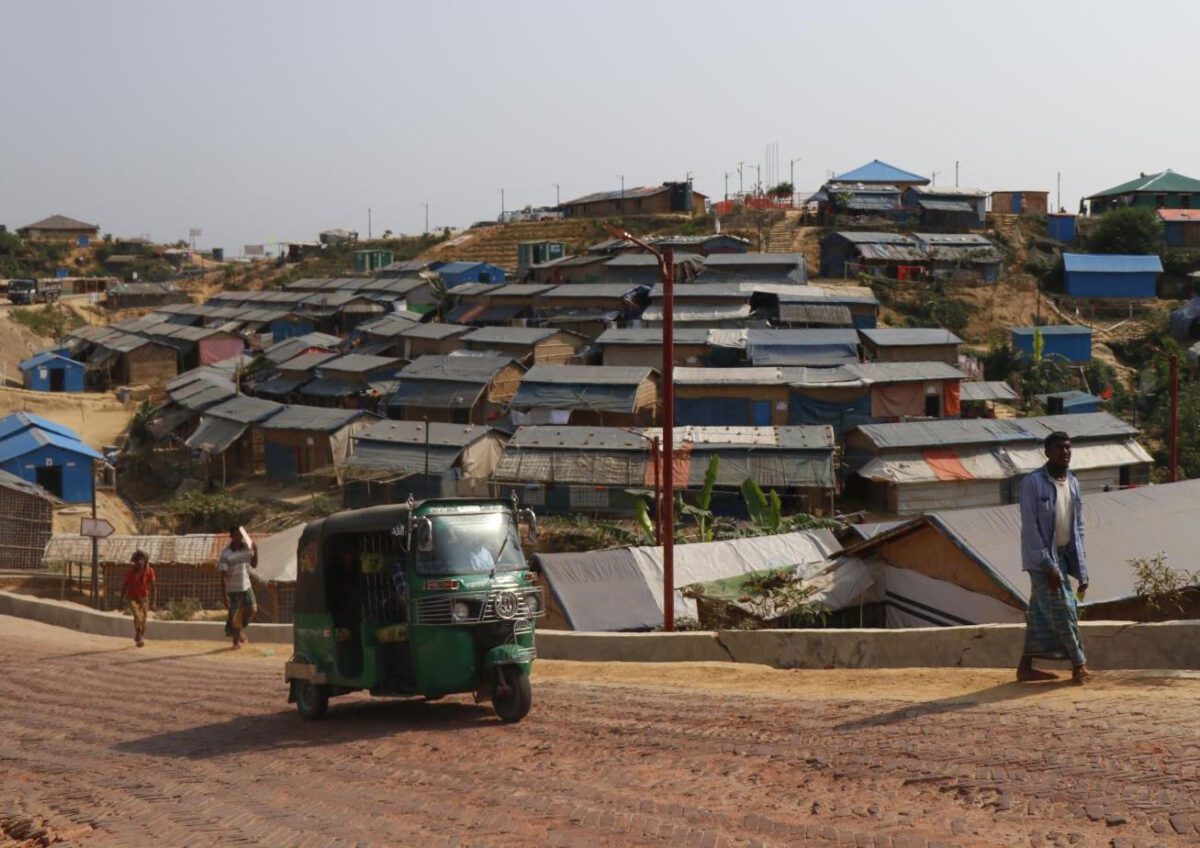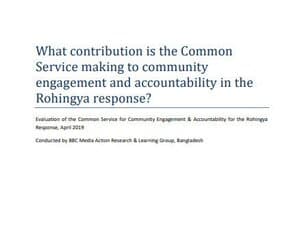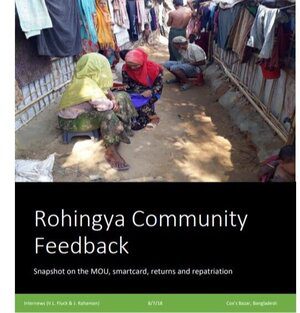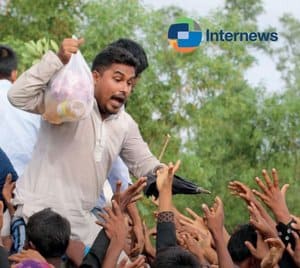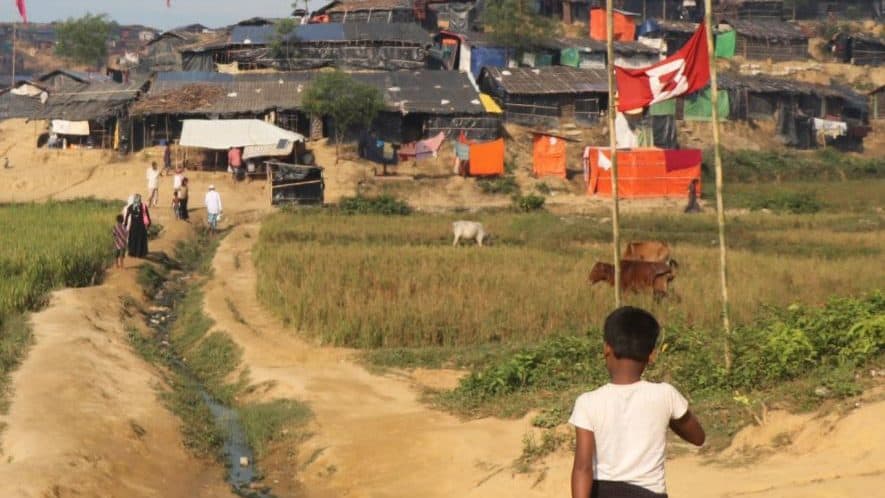
The Rohingya people have faced decades of systematic discrimination, statelessness and targeted violence in Rakhine State, Myanmar. Such persecution has forced Rohingya people into Bangladesh for many years, with significant spikes following violent attacks in 1978, 1991-1992, and again in 2016. However, in August 2017 the largest and fastest refugee influx fled into Bangladesh as entire villages in Myanmar were burned to the ground, families were separated and killed, and women and girls were gang raped. The Rohingya people found temporary shelter in refugee camps around Cox’s Bazar, Bangladesh, which is now home to the world’s largest refugee camp. Since August 2017 an estimated 745,000 Rohingya, including more than 400,000 children, have fled into Cox’s Bazar. As of March 2019, over 909,000 stateless Rohingya refugees resided in Ukhiya and Teknaf Upazilas.
As a response to the Rohingya Crisis, Internews conducted an initial Information Needs Assessment in October 2017. Based on the findings of that assessment, in early 2018, Internews set up a rumour tracking project called ‘Flying News’ (the Rohingya word for rumour translates as ‘Flying News’) in Cox’s Bazar, Bangladesh. This project worked in consortium with Translators without Borders (TWB) and BBC Media Action, as part of a Common Services platform for the humanitarian response.
The project collected community data through volunteers and partner field staff, then shared factchecked responses to rumours both through a rumour bulletin for field staff and humanitarian partners and a narrowcast service called “Bala Bura” produced by and for refugees. In addition to broadcasts, Internews set up listening groups to ensure a two-way communication channel between community members and service providers. Based on the community data collected the project also helped to inform humanitarian partners on refugee needs, so they could adapt humanitarian programs and as such contribute to improved accountability to the affected population. This including contributing to a shared publication called ‘What Matters’ in collaboration with TWB and BBC Media Action, and training other humanitarian organizations in how to collect and deal with rumours.
“Our suffering would have been less if Internews would have been here earlier, because then we would have had information,” said a community correspondent. “Because we covered some really crucial topics [through our narrowcast]. If we could’ve done that earlier and for all the camps it would be much easier for people”
Rohingya Correspondent
